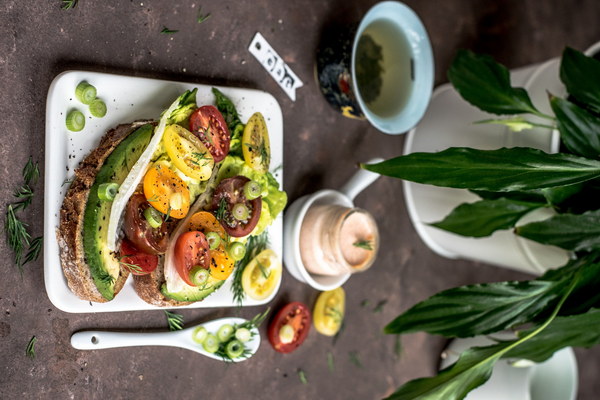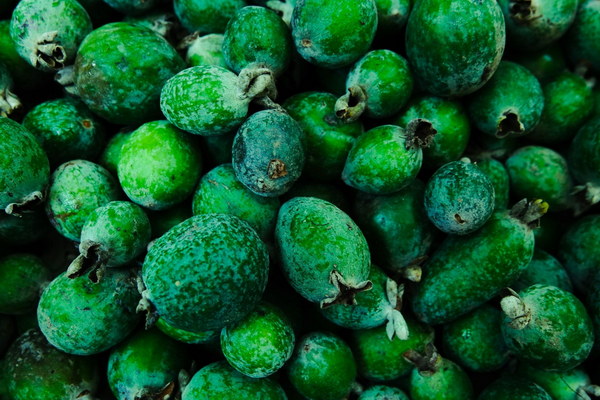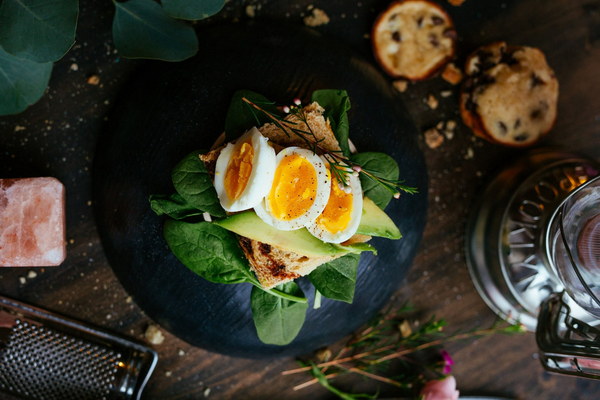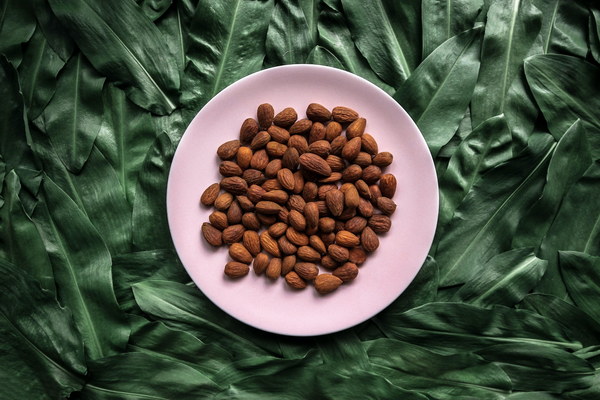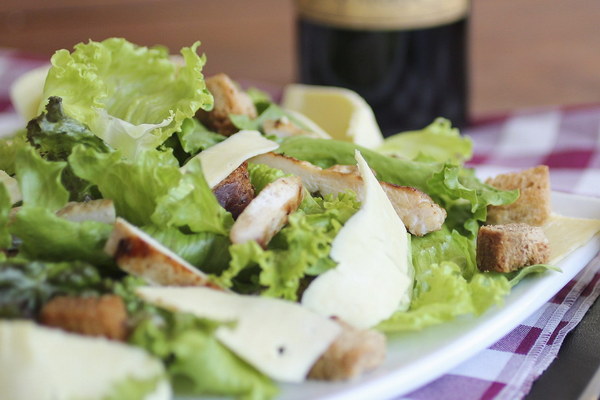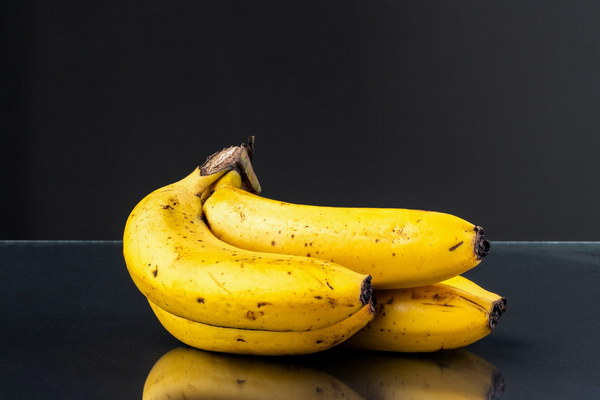Ancient Elixir Unveiling the Timeless Secrets of LiverBoosting Traditional Chinese Medicine Formulas
In the realm of traditional Chinese medicine (TCM), the liver holds a significant position in maintaining overall health and well-being. As the treasure house of blood, the liver is responsible for filtering impurities from the blood, storing energy, and regulating emotions. With the modern lifestyle's increasing demands and exposure to environmental toxins, the liver's health is more vulnerable than ever. This article delves into the classic formulas of liver-boosting TCM, exploring their ingredients, mechanisms, and applications to provide a comprehensive understanding of these ancient elixirs.
I. Introduction to Liver-Boosting TCM Formulas
Liver-boosting TCM formulas are designed to nourish and strengthen the liver, promote blood circulation, and relieve stagnation. These formulas have been passed down through generations and have been refined to cater to various liver-related issues, such as liver weakness, liver Qi stagnation, and liver fire. Some of the most renowned liver-boosting formulas include:
1. Danggui Buxue Tang (Angelica Sinensis and Safflower Combination)
2. Baizhu Tang (Atractylodes Macrocephala Decoction)
3. Longdan Xiegan Tang (Scutellaria and Bupleurum Decoction)
4. Chaihu Shugan San (Bupleurum and Bupleurum Combination)
5. Yigan San (Licorice Powder)
II. Ingredients and Mechanisms of Liver-Boosting TCM Formulas
1. Danggui Buxue Tang
Ingredients: Angelica Sinensis, Safflower, White Peony Root, Chuanxiong, Ligusticum Chuanxiong, and others.
Mechanism: This formula focuses on nourishing blood and invigorating the liver Qi. Angelica Sinensis and Safflower are the main ingredients, which help to promote blood circulation and relieve pain. The other herbs in the formula work together to nourish the liver, enhance liver function, and improve overall health.
2. Baizhu Tang
Ingredients: Atractylodes Macrocephala, Poria, White Peony Root, Licorice, and others.
Mechanism: This formula is used to treat spleen and liver deficiency, which can lead to various symptoms, including fatigue, abdominal pain, and poor appetite. Atractylodes Macrocephala and Poria are the primary ingredients, which help to strengthen the spleen and liver. The formula also promotes digestion, reduces dampness, and improves overall health.
3. Longdan Xiegan Tang
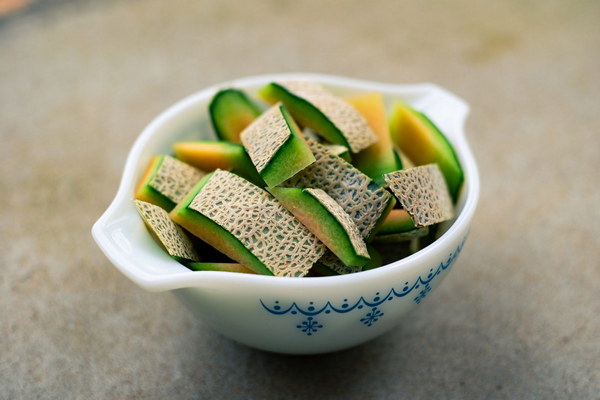
Ingredients: Scutellaria, Bupleurum, Peony Root, and others.
Mechanism: This formula is designed to clear liver fire and relieve liver Qi stagnation. Scutellaria and Bupleurum are the main ingredients, which help to cool the liver and clear heat. The formula also promotes the circulation of liver Qi, relieves stress, and enhances mental well-being.
4. Chaihu Shugan San
Ingredients: Bupleurum, Bupleurum, White Peony Root, and others.
Mechanism: This formula is used to treat liver Qi stagnation and alleviate pain. The main ingredients, Bupleurum and Bupleurum, work together to invigorate the liver Qi, relieve pain, and promote blood circulation. The other herbs in the formula help to nourish the liver and enhance overall health.
5. Yigan San
Ingredients: Licorice, Angelica Sinensis, Safflower, and others.
Mechanism: This formula focuses on nourishing blood and invigorating the liver. Licorice is the primary ingredient, which helps to harmonize the formula and enhance its efficacy. The other herbs work together to promote blood circulation, relieve pain, and improve liver function.
III. Applications of Liver-Boosting TCM Formulas
Liver-boosting TCM formulas have a wide range of applications, including:
1. Liver weakness and fatigue
2. Liver Qi stagnation and emotional disturbances
3. Liver fire and heat
4. Liver and gallbladder disorders
5. Postpartum syndrome
IV. Conclusion
Liver-boosting TCM formulas are an essential part of maintaining liver health and overall well-being. By understanding the ingredients, mechanisms, and applications of these ancient elixirs, individuals can make informed decisions about their health and explore the benefits of traditional Chinese medicine. As always, it is important to consult with a qualified TCM practitioner before starting any new treatment.
